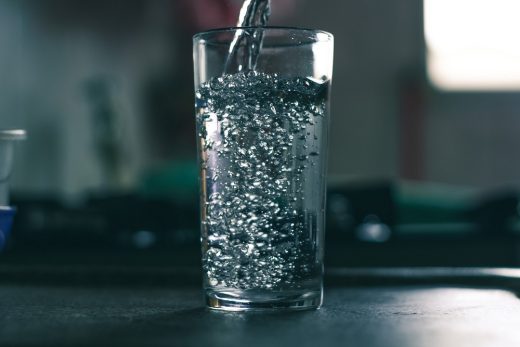Water quality testing: ensuring safe drinking water filter, Building plumbing, Property clean filtering advice
Water Quality Testing: Ensuring Safe Drinking Water
29 June 2023
Are you familiar with the process of water quality testing? Are you aware that millions of people fall ill or die each year due to diseases caused by contaminated drinking water? Drinking unclean water poses serious health risks, including diarrhea and typhoid fever. This is where the crucial role of water quality testing comes into play.
What is Water Quality Testing?
Water quality testing is a process that determines the safety of water for human consumption. It involves various tests to detect microorganisms, chemicals, and other pollutants in the water. Experts use this method to assess water quality and identify potential threats to its safety.
The Importance of Water Quality Testing
Safe drinking water is essential for maintaining good health. However, untreated or inadequately treated drinking water can pose significant risks to public health. That’s why government agencies require regular monitoring and testing of all public drinking water sources to ensure their safety.
Furthermore, poor-quality drinking water may contain viruses, bacteria, or parasites that cause cholera or dysentery. These infections spread quickly in areas where regular hygiene practices are not observed.
In addition to bacteria and viruses, many harmful chemicals adversely affect human health when consumed in large quantities over long periods. Common contaminants in polluted drinking water include lead and arsenic compounds, pesticide residues, and industrial solvents.
Therefore, regular water quality testing provides essential information about any residual contaminants that may pose dangers even at low levels. This information helps determine their concentration levels within acceptable thresholds, following guidelines provided by environmental regulatory authorities (ERAs).
The Consequences of Consuming Contaminated Drinking Water
Consuming contaminated drinking water can have severe consequences on people’s health. Common symptoms in individuals who consume polluted water include nausea, stomach cramps, diarrhea, and vomiting. Moreover, prolonged consumption can lead to kidney problems and certain cardiovascular diseases.
On the other hand, some studies suggest that regular exposure to low contaminants can cause minor ailments, including low energy and weakened immune systems. Therefore, by ensuring clean drinking water, you prevent widespread diseases and promote general well-being.
How Does Water Quality Testing Work?
Ensuring a stringent test regime is followed is a comprehensive process that involves different tests to detect pollutants in water supplies, whether collected from public pipelines or private wells. These tests cover various components such as physical properties (color, taste, odor), chemical composition (presence of minerals like calcium and chloride), and the presence of bacterial/organic materials.
It’s worth noting that leading laboratories nowadays utilize automated testing tools, such as gas chromatography-mass spectrometry (GC-MS), for faster and more efficient screening. Optical scanning and algorithms based on historical data enable quicker analysis.
Challenges in Conducting Tests
Effective water quality testing best practice requires optimal sample collection conditions to prevent external contamination. Collecting samples in remote areas poses challenges, as filtering out natural substrates during collection might affect the reliability of the findings.
Furthermore, slight variations, such as temperature or pH level fluctuations, can influence the outcomes of the tests, even when careful protocols are followed in the laboratory.
Cost of Water Quality Testing
The expense involved in testing drinking water can be a challenge. It requires specialized laboratory infrastructure, sophisticated equipment, and trained technicians to interpret and analyze the data. However, with advanced research and grants available from corporate companies pursuing CSR practices, industries are taking steps to contribute and mitigate their impacts on ecosystems.
Water quality testing: ensuring safe drinking water Conclusion
Water quality testing is essential to ensure the availability of safe drinking water across society. Access to clean water has a significant impact on overall health and well-being. Regular testing through authorized agencies helps prevent disasters resulting from compromised hygiene conditions. Authorities must allocate sufficient resources, as access to clean water remains a major concern today.
Comments on this guide to ensuring safe drinking water test advice article are welcome.
Water / Floods Articles
Water / Floods Posts
Consider a Faucet-mounted Water Filter

Buying Under Sink Water Filter for the Home?
Finding the best water treatment experts
How to Remineralize Reverse Osmosis Water
Why is water treatment important
Building Articles
Residential Architecture
House Extension Designs
Comments / photos for the Water quality testing: ensuring safe drinking water page welcome






